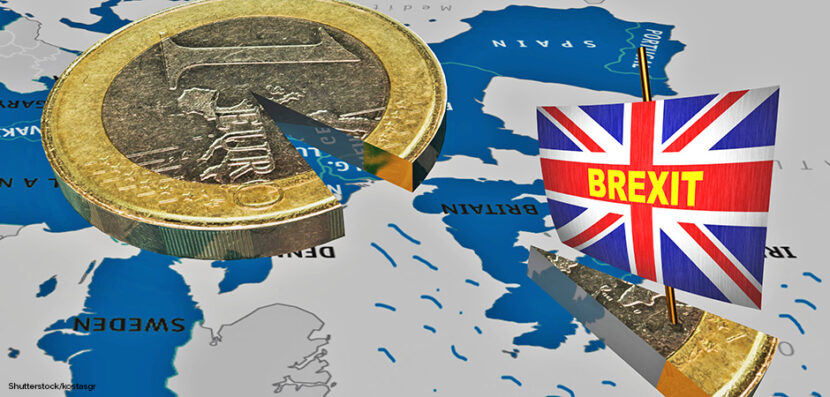- Current Events Nebraska Rejects Winner-Take-All Proposal
- Citizenship Voting Under Age 18
- Citizenship Citizenship in Action
- Democratic Party Biden’s and Trump’s Recent Primary Results
- Elections Trump and Biden Win South Carolina and Michigan Primaries
- Democratic Party Trump and Biden Win Big in Early February Contests

The Prime Minister vs. Parliament
Remember when Theresa May stepped down as Britain’s prime minister because she couldn’t secure a Brexit deal? Well, the new prime minister, Boris Johnson, is taking a very different approach: suspending Parliament for several weeks during the months of September and October. Here, Election Central takes a closer look at what this decision means and what impact it will have not just on Britain, but potentially on the whole world.
What Is Brexit?
To review, “Brexit” is the nickname assigned to Britain’s 2016 decision to separate from the European Union (EU). Though the voters approved the decision, there has been little agreement since then about what the specifics of this new political and economic arrangement between Britain and the EU will look like. Some of the main issues that legislators have disagreed on include whether to keep borders open or closed; how to maintain trade relationships with the EU; and how to handle EU citizens living in Britain (or British citizens living in the EU). Theresa May came up with several plans, but Parliament refused to approve any of them. That eventually caused the drop in popularity that led to her losing her position as prime minister earlier this year. Over the summer, she was replaced with Boris Johnson, a hard-line conservative.
Johnson’s Approach
May’s approach to Brexit was to bring several possible plans before Parliament, all of which failed. Last week, the new prime minister requested Queen Elizabeth II to prorogue, or suspend Parliament. What does that mean? Currently, Parliament is on summer break until September 3. Then their suspension begins a few days after that. So lawmakers won’t be back to work until October 14.
Why Does That Matter?
Brexit is set to take place on October 31, and currently, there’s still no deal in place. That leaves lawmakers only a couple of weeks to iron out and approve one of the most complicated political deals in history. This suspension has infuriated Johnson’s opponents, who argue that it’s undemocratic. From their point of view, Johnson wants a deal-free Brexit, and Parliamentary suspension limits any potential political opposition to it (the majority of Parliament appears to be against a deal-free Brexit).
Johnson, however, claims that he needs the recess in order to put together his new agenda, and that he can’t wait until Brexit is over and done with on October 31 to start planning out his term. To this end, he asked the Queen to schedule a speech on October 14, which will be an opportunity for him to roll out his new agenda.
What’s Wrong with a Deal-Free Brexit?
So what will happen if October 31 arrives and Britain leaves the EU without a deal in place? According to experts, a deal-free Brexit is likely to have a drastic effect on world economic markets and could lead to widespread political unrest.


